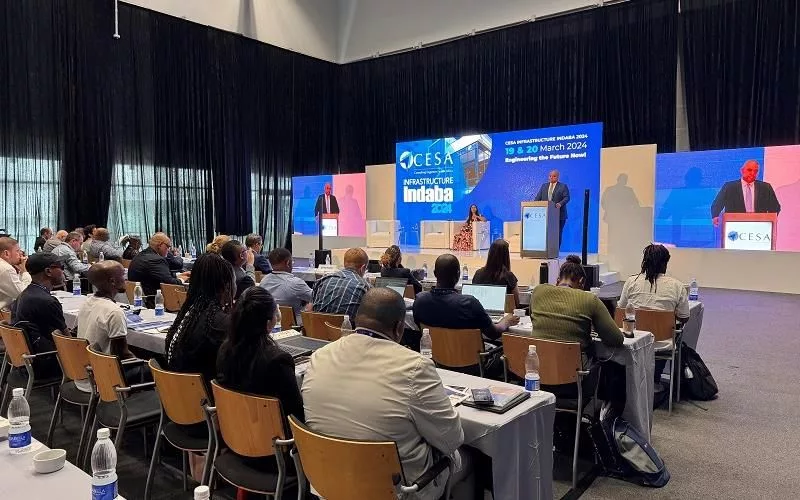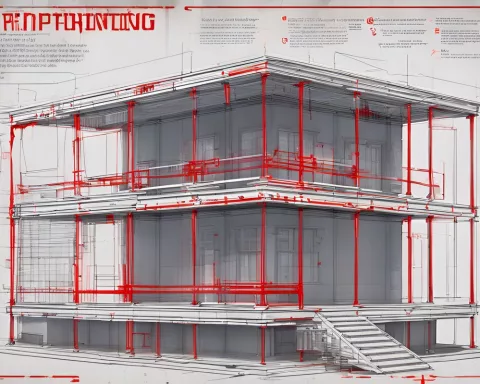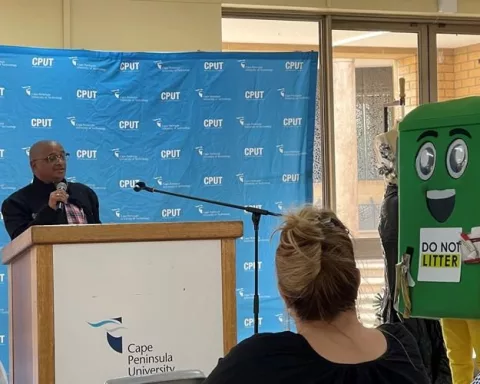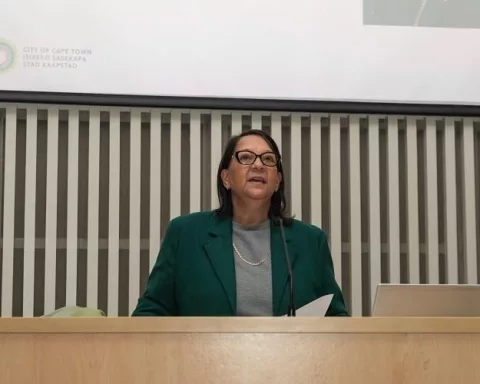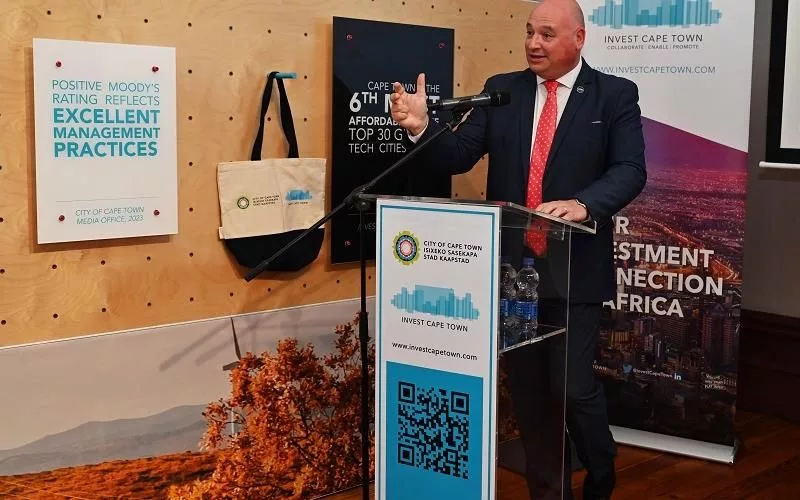Engineers are critical to Cape Town’s sustainable development, working with the government to combat challenges in transportation, housing, water management, waste minimization, and water purity. The city sees its socio-economic issues as stepping stones towards a more inclusive community, with engineers at the forefront of its grand blueprint. Their skills and expertise are deployed to prioritize infrastructure development, enhance urban mobility, and improve water and sanitation systems. Building trust and collaborating with local communities are key to ensuring a resilient and innovative future for Cape Town.
The Architects of Change: Role of Engineers in City Development
Engineers play a critical role in Cape Town’s sustainable development. They work hand in hand with the government to combat urban challenges encompassing areas like transportation, housing, water management, waste minimization, and maintaining water purity. Their creativity and problem-solving skills are crucial in determining the trajectory of the city’s evolution.
Cape Town, widely recognized for its accelerated development and expansion, has solidified its position as the epicenter of inventive thinking and technological advancement within the country. More than just a dynamic commercial hub, it embodies the hope and vision of a sustainable and enduring tomorrow. Far from seeing their intricate socio-economic issues as obstacles, the city perceives them as stepping stones leading towards a wealthier and more inclusive community.
The Architects of Change: Role of Engineers in City Development
At the helm of the city’s grand blueprint are the engineers, whose creative capacity for problem-solving proves critical in maneuvering through the city’s urban complexities. Working hand in hand with the government, they possess a crucial role in determining the trajectory of the city’s evolution. Their skills and expertise are deployed to combat various urban challenges encompassing areas like transportation, housing, water management, waste minimization, and maintaining water purity.
Prioritizing the Future: Investments in Infrastructure Development
The essence of Cape Town’s strategy lies in its forward-looking mindset, an approach which necessitates proactive problem-solving. The past couple of years have witnessed a considerable allocation of resources and funding towards enhancing urban mobility and public transport. Concurrently, a remarkable effort has been made to improve and extend the city’s water and sanitation systems.
This significant investment in infrastructure, almost R24.8 billion over the preceding three years, addresses the needs of the city’s expanding populace. More importantly, it signifies the commitment towards shielding the city from the potentially disastrous impacts of climate change and other calamities.
Symbolizing Progress: Cranes on the Horizon
The panorama of the future, for both engineers and their government counterparts, brims with potential. The skyline filled with cranes represents progress and job creation for thousands of citizens. The aspiration is to cultivate a city that promotes investment, stimulates growth, and elevates living conditions, thereby mitigating poverty.
Beyond the Blueprint: Engineers as Ethical Leaders
However, engineers’ responsibilities exceed the creation of physical structures and provision of inventive solutions. They also bear the duty of ensuring transparency and clarity in communication. Considering municipal projects involve significant investment of public funds, maintaining accountability and fairness throughout the process is of utmost importance. Thus, an engineer’s role transcends technical expertise to include ethical stewardship.
Building Trust: Transparency in Process
In this scenario, transparency is as essential as the design and construction process itself. Open, honest communication with clients, stakeholders, and residents is key to nurturing a corruption-free environment.
Collaborating towards a Resilient Future
Moreover, engineering for the future calls for unique and groundbreaking solutions that require the backing and collaboration of local communities. These partnerships form the bedrock of Cape Town’s resilience and innovation. In this vision, engineering is not an isolated endeavor but a collective effort that leverages shared wisdom to build a stronger, more resilient city.
A Collective Effort: The Future of Cape Town
As Cape Town progresses and expands, the importance of idea exchange and cooperative problem-solving is more crucial than ever. This is Cape Town’s appeal to its engineers and citizens – to dream, to invent, and to mould a city that’s not only a growth powerhouse, but a symbol of hope and resilience. The future of Cape Town lies in the hands of those who can foresee a city as lively and resilient as its inhabitants.
1. What is the role of engineers in Cape Town’s sustainable development?
Engineers play a critical role in Cape Town’s sustainable development, working with the government to combat challenges in transportation, housing, water management, waste minimization, and water purity.
2. What is the city’s approach to socio-economic issues?
The city perceives its socio-economic issues as stepping stones leading towards a more inclusive community.
3. What is the essence of Cape Town’s strategy?
The essence of Cape Town’s strategy lies in its forward-looking mindset, an approach which necessitates proactive problem-solving.
4. What is the significance of the investment in infrastructure development?
The significant investment in infrastructure development addresses the needs of the city’s expanding populace and signifies the commitment towards shielding the city from the potentially disastrous impacts of climate change and other calamities.
5. What is the role of engineers beyond the creation of physical structures?
Engineers also bear the duty of ensuring transparency and clarity in communication and maintaining accountability and fairness throughout the process.
6. What is the importance of collaboration with local communities in engineering projects?
Collaborating with local communities is key to ensuring a resilient and innovative future for Cape Town, forming the bedrock of its resilience and innovation. Engineering is not an isolated endeavor but a collective effort that leverages shared wisdom to build a stronger, more resilient city.

